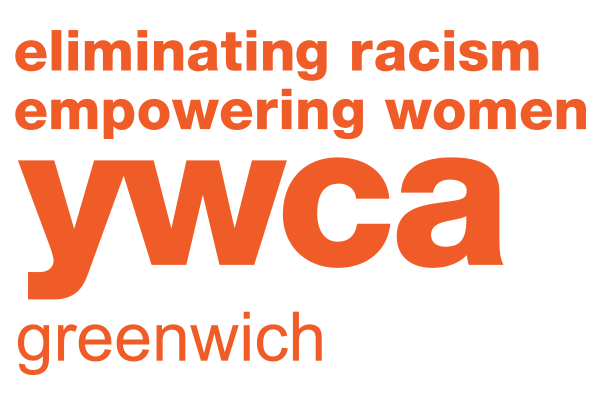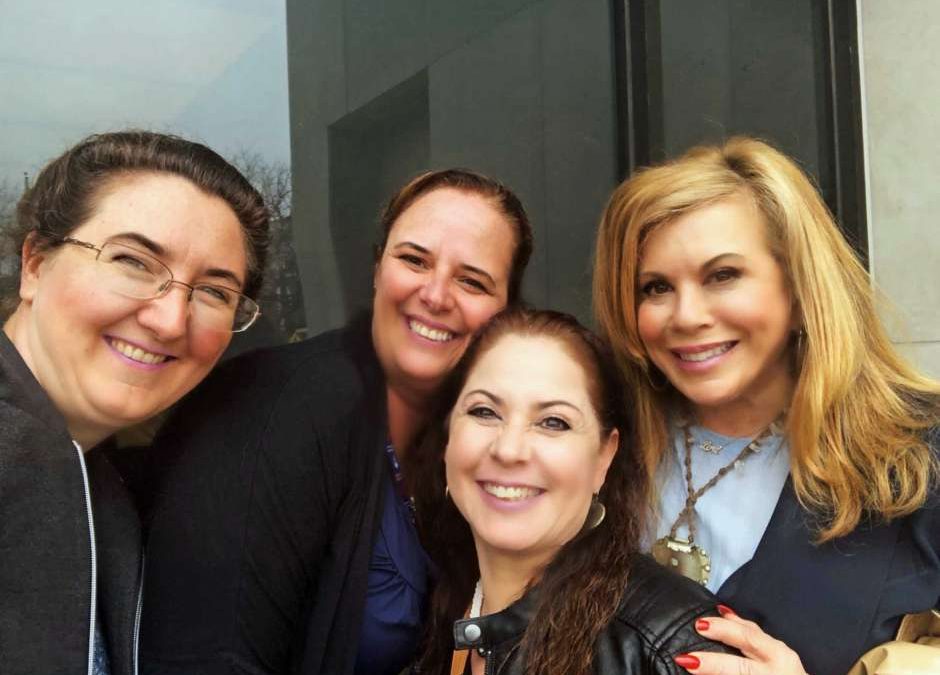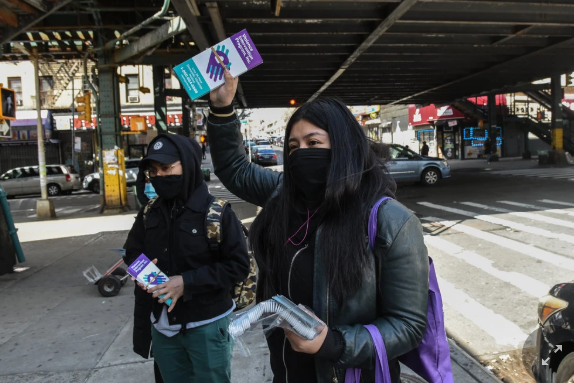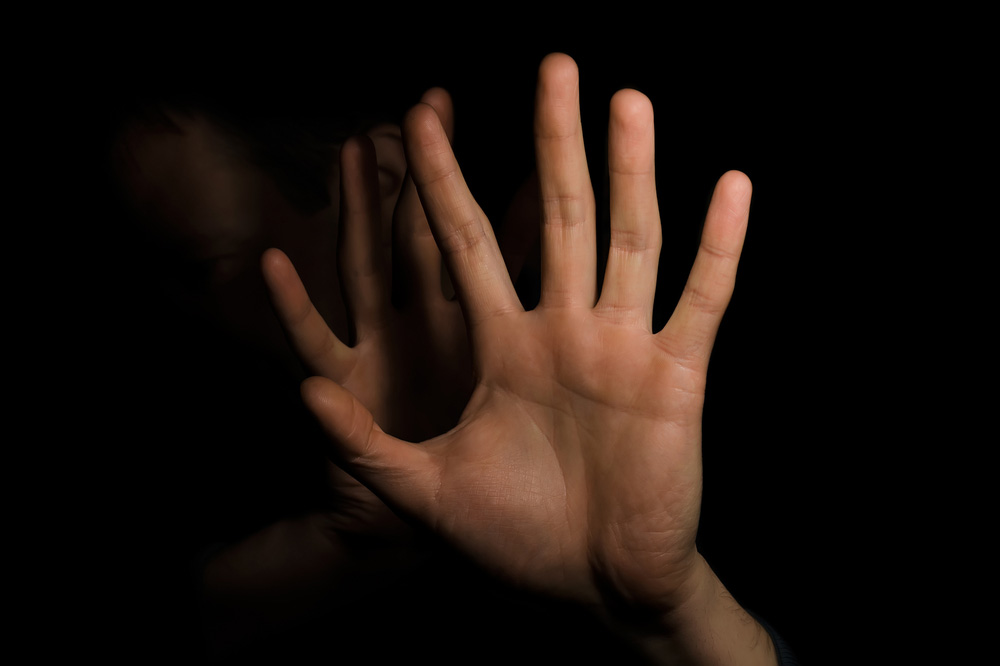
Domestic Abuse Victims Are Terrified of Staying Home Right Now
March 26, 2020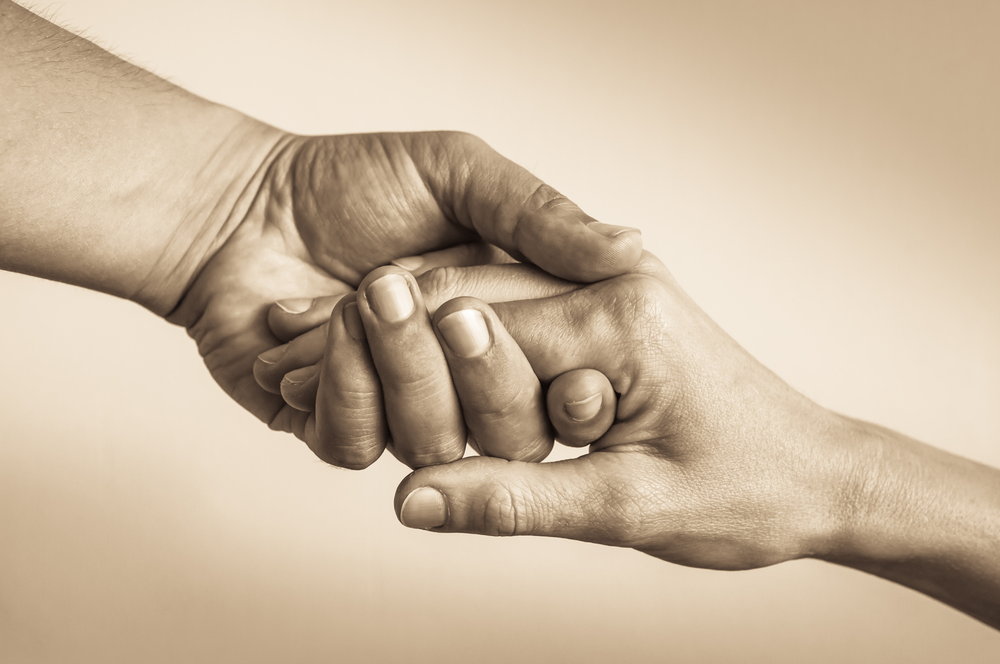
Resources for Supporting Children’s Emotional Well-being during the COVID-19 Pandemic
April 1, 2020Greenwich Time.28.March.2020.Tatiana Flowers.GREENWICH — Victims of intimate partner violence say living in a state of hyper-vigilance becomes the norm, as they constantly try to protect themselves, and often their children, from becoming the target of domestic abuse.
“There are very predictable things that can cause an abuser to escalate. They want to feel like they’re in control,” said one survivor from Greenwich.
Advocates worry instances of domestic violence could escalate, as the coronavirus-imposed isolation drags on.
“Some of the worst things that happened were while he was home for an extended period of time,” the Greenwich woman said of her estranged husband. “I worry about women now who are stuck at home and are being controlled to that degree, because their abuser is literally right on top of them.
“It’s terrifying. It’s really scary.”
Advocates offered advice to victims who are holed up inside with an abuser. As spaces grow tighter and as tensions can more easily rise, advocates outlined strategies that could protect victims and their families from escalating abuse.
They recommended staying away from rooms that contain only one entrance or exit, where abusers can corner a victim and make it harder for them to flee. Advocates also recommend limiting time spent in the kitchen or bathroom, where many items can be turned into weapons, said Meredith Gold, director of domestic abuse services at the Greenwich YWCA.
“Tell trustworthy neighbors about the violence. Ask them to call the police if they hear something,” said Suzanne Adam, executive director of the Stamford-based Domestic Violence Crisis Center.
“Devise a code word with your children, so if they hear ‘meatballs’ they know to go upstairs or to keep themselves safe,” she added.
Others suggested maintaining as normal a schedule as possible — even during this difficul time.
“The more structure your children have, the more they can depend on the activities, and you being calm to keep them away from (the) abuse,” said Sue Shatney, a board member of Connecticut Protective Moms — a new group supporting mothers and children during and after divorce proceedings.
“Open a safe deposit box in a different bank, tied to a different account,” she said. “If you go anywhere with him, always keep your phone and credit cards and money with you.”
One of the most-offered recommendations is to create space away from the abuser to allow time for reading, exercise, meditation and other forms of self care.
“It’s important for them to be able to maintain the ability to think clearly,” said Adam.
When victims are in state of panic, it’s harder for them to keep themselves safe, she said.
Service providers in Connecticut said they have not seen an increase in domestic violence calls during the pandemic, but many fear a rise will come in the next few weeks, which has been the case in China, the U.K. and elsewhere.
Local professionals are monitoring the Connecticut Safe Connect platform, which tracks calls to the 18 providers of domestic violence services in the state.
In the last three weeks, the data has shown an average of 50 to 75 calls per day, in line with numbers documented before the pandemic, said Karen Jarmoc, president and CEO of the Connecticut Coalition to End Domestic Violence.
“We’re looking really closely at data and paying attention to the idea that there will be an uptick,” she said.
Anecdotally, providers are already hearing from survivors who report their abusers are using isolation as a tactic to gain control.
“They’re withholding necessary items, such as hand sanitizers and disinfectants,” said Adam.
“I know that they share misinformation about the pandemic to control or frighten survivors. I know also that they’re withholding insurance cards, which has happened for a long time,” she said.
Some abusers have threatened to cancel a victim’s medical insurance to bar them from medical attention, she said. They’re also demonizing emergency shelters by telling victims the facilities are incubators for spreading the coronavirus, according to Adam.
“If you look at what is happening out in the communities that we are living in with people panicking and hoarding things, that is happening on a micro-level inside people’s homes as a result of abusers trying to control the environment (from) inside the house,” she said.
Schools closures present problems to homes marred by domestic abuse. Survivors who previously felt they could shield their children from witnessing the abuse could find it more challenging to do so with an abuser at home all day, said Gold.
Advocates also worry that the pandemic has stopped contact between students and teachers, who are often the number one mandated reporters of child abuse.
School closures could also pose a threat to survivors who have visitation agreements with an abuser.
School provides “a safe visitation and transfer place. Now all of a sudden, in order to preserve that visitation agreement, the child has to be dropped off or picked up somewhere else,” said Celia Caffery, program director of the New Haven Neighborhood Victim Advocacy Program at Family Centered Services of CT.
Survivors have long struggled with abusers who violate visitation agreements as a tactic to abuse but advocates say it has worsened as courts narrow their services.
“If exchanging children in a public place isn’t possible, curbside pickup may be safer than having the abusive person show up at the other parent’s door,” said Caffery.
Many providers have closed their offices but are maintaining services for survivors through hotlines, chat services, phone calls and other means.
“If there is somebody in Greenwich who needs emergency shelter and needs to get out right away, call us and we will help figure it out,” said Gold at the Greenwich YWCA.
Anyone experiencing immediate danger is urged to call 911.
To find the domestic violence shelter in your region, visit the Connecticut Coalition Against Domestic Violence website at http://www.ctcadv.org/.
To contact the Greenwich YWCA’s 24-hour hotline, dial 203-622-0003.
Dial 888-774-2900 to call the Stamford-based Domestic Violence Crisis Center hotline.
tatiana.flowers@thehour.com
